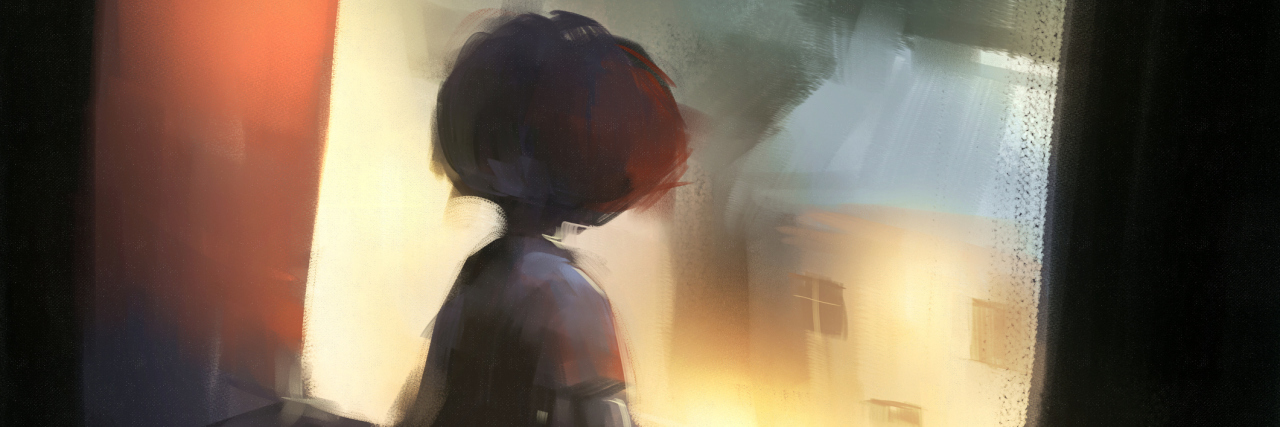I learned there are other ways to harm a child than from fist or kick. I had parents who believed “I …” was an ungrateful word.
I grew up with parents who did not welcome expression of individual needs, wants or desires. “I …” was an open criticism of them and did not appreciate all they provided for me. “I …” was not thankful or grateful enough. I was taught to wish for different was shameful. I felt my shame turn to guilt for secretly still wanting my “I…”
“I want never gets” was sometimes offered as a full-stop rebuttal to my childhood litany of “I want …” My wants are not important. My wants do not deserve the time and effort to be met. My wants will never be met.
I grew up in a family where I was expected to anticipate the unspoken wants and expectations of my father. And failure to meet these could result in passive-aggressive degradation and sarcastic humiliation.
I learned to stay silent. For big and small things. Better to swallow my “I …” than risk invalidation and wrath, or worse, disappointment, due to partial or complete rejection of my need, my want, myself.
I did not understand why others could express needs and wants and I could not. My unexpressed resentment at this unfairness morphed into ugly judgment and I came to view “I …” as self-centered, self-involved and downright selfish.
I felt the need to make logical, rational choices. I did not trust myself to choose based on my personal preferences. I found it difficult to even recognize them. I, strangely, knew very well what I did not want and did not prefer. My adolescent choices were limited by fear and avoidance, rather than gilded by the joy of discovery and hope.
I am now an adult and I have a better, gentler understanding of “I …” It has taken over 20 years to dismantle my unconscious association between starting sentences with “I …” and abhorrent self-interest.
“I” is a beautiful word. “I …” is self-love in action. It embodies truth, assertion, vulnerability, ownership and conveys personal boundaries. A formidable single syllable. “I …” slips behind embittered walls and coaxes withered insides to grew anew.
Getty image by Archv

